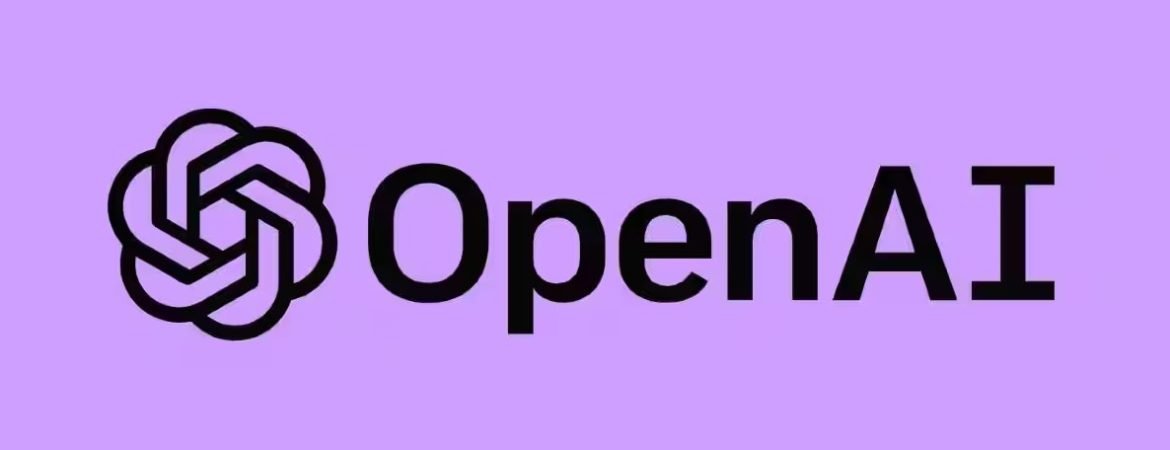What Are The Most Useful AI Tools?
1. Chatbots on the AI Frontier In the realm of AI, chatbots take the center stage. These tools engage with users in a conversational style, using advanced language models to answer queries, write code, and even perform calculations. Prominent chatbot solutions in 2023 include ChatGPT, Bard, and HuggingChat. ChatGPT, from the house of OpenAI, leads the pack with its impressive flexibility and user-friendly interface. Conversely, Bard, Google’s offering, aims for better accuracy and seamless integration with Google’s suite of products. Finally, HuggingChat is the open-source contender, backed by the collaborative AI platform, Hugging Face. 2. AI-Infused Content Creation Tools Battling with writer’s block? AI is here to break the deadlock. Tools like Jasper, Copy.ai, and Anyword can augment your writing process, turning you from a lone scribe into a powerful writing team. Jasper is a godsend for content-heavy users, with a plethora of templates and an in-built capability for research and image generation. On the other hand, Copy.ai is the perfect co-pilot for ideation, offering multiple writing options for each prompt. Lastly, Anyword streamlines content creation for marketers with its step-by-step approach to generate the final piece. 3. AI-Powered Text Enhancement Tools Beyond conventional spell-checking, AI brings a new dimension to text enhancement. Tools like Grammarly, Wordtune, and ProWritingAid can detect subtle nuances in tone and language, offering suggestions to make your writing clearer. Grammarly ensures language accuracy while also helping adjust tone and simplify complex phrases. Alternatively, Wordtune offers a plethora of wording alternatives, and ProWritingAid provides detailed grammar, style, and spelling statistics with a one-time lifetime plan. 4. AI Tools for Video Generation Video tools leveraging AI like Descript, Wondershare Filmora, and Runway offer features like background removal, noise reduction, and even AI-based frame painting. Descript revolutionizes video editing by enabling script-based editing, while Wondershare Filmora combines traditional video editing with AI enhancements. Runway, the video wizard, offers a suite of AI features for video generation and manipulation. 5. AI Applications for Image Generation Image generation tools like DALL·E 2, Midjourney, and DreamStudio (powered by Stable Diffusion) transform simple text prompts into stunning visuals. Whether you are an amateur or a pro, these tools can turn your imagination into vibrant pixels. 6. AI Note-taking Tools In the era of information overload, Mem is an AI tool that automatically tags and links your notes, making them easily retrievable when needed. This AI intervention ensures that no valuable piece of information gets lost in the abyss of notes. 7. AI Transcription and Meeting Assistant Apps AI transcription apps like Fireflies, Airgram, and Krisp convert voice to text, allowing you to focus on your meetings while the tool takes detailed notes. With AI data extraction and noise reduction features, these apps are truly a boon in the modern professional landscape. 8. AI Scheduling Applications AI can help streamline your schedule and prioritize your tasks. Tools like Reclaim, Clockwise, and Motion take the chore out of scheduling. Reclaim adjusts your schedule to ensure you hit your targets, Clockwise is a team-friendly tool promising time savings, and Motion aids in project management with AI-powered task scheduling. 9. AI Tools for Email and Inbox Management AI tools like SaneBox and EmailTree bring the much-needed organization to your cluttered inbox. They prioritize important messages, tag emails for easy retrieval, and automate replies, reducing your administrative load. 10. AI-Powered Presentation and Slide Deck Apps Creating a presentation that complements your stage presence is no small feat. However, with AI apps like Decktopus, Beautiful.ai, and Slidesgo, creating visually appealing presentations becomes a breeze. They generate presentations based on your inputs and offer customization options for a powerful final rendition. Each of these tools encapsulates the power of AI, turning the futuristic dream of AI-enhanced productivity into today’s reality. The rapid evolution of these tools, their increasing precision, and their seamless integration into our daily lives is a testament to the infinite potential of AI. This list is only the tip of the iceberg, and the AI universe has much more in store for us.


